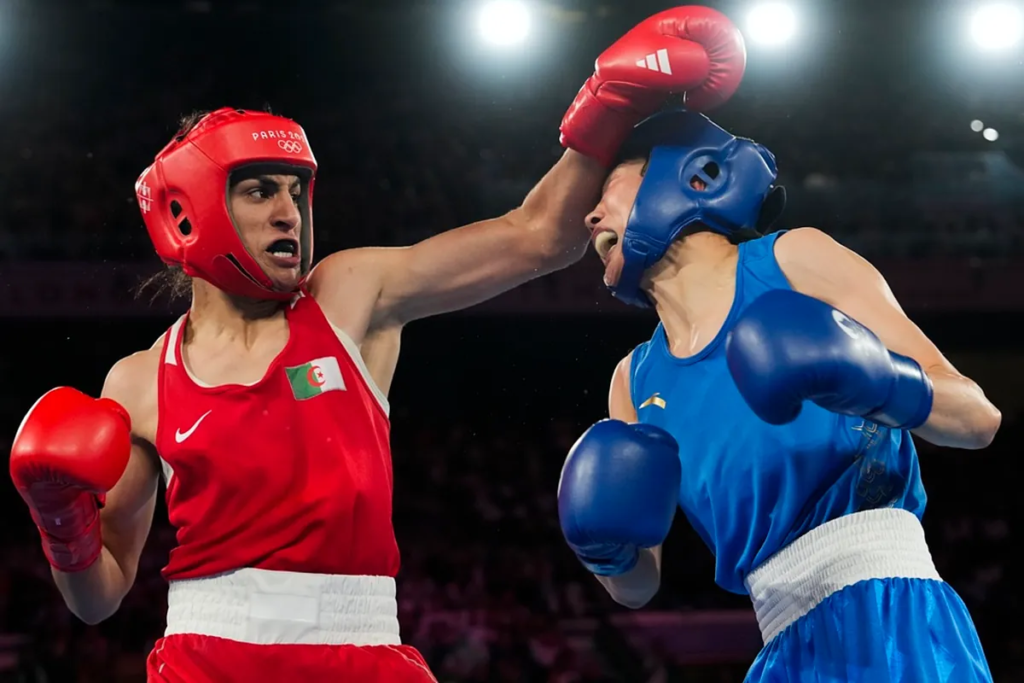A wave of disqualifications has engulfed the amateur World Boxing Championships in Liverpool, England, after numerous female fighters failed to clear a newly imposed deadline for mandatory gender verification.
Among those sidelined is Imane Khelif, the Olympic gold medallist whose ongoing legal challenges have become central to international discussions on gender eligibility in sport.
The tournament, which commenced this week, was thrown into turmoil when several national federations-including France-were unable to submit required genetic sex tests in time.
Under the new rules, all female competitors over age 18 must undergo PCR-based testing to confirm chromosomal sex as part of their eligibility.
The French Boxing Federation expressed its outrage in a scathing statement: “It is with stupefaction and indignation that the French team learned … the French women’s boxing team would not be able to compete…
“Despite guarantees given … the laboratory which they recommended to us was not up to the task of delivering the results on time. … As a result our athletes … have been caught in this trap and excluded.”
One of the affected athletes, Maelys Richol, specifically shared her disappointment: “After an entire year of work we find ourselves thrown out not for sporting reasons but because of disastrous and unfair management. It is extremely tough to absorb.”
World Boxing issue defiant statement
World Boxing, the sport’s governing body, countered by placing the responsibility firmly on the national sides. In their announcement, they clarified that federations were informed early on.
A statement read: “Since World Boxing first announced its plan … testing will be the responsibility of the national federations … It is very disappointing for the boxers that some of the national federations have not been able to complete this process in time … which means that some athletes have not made it through the entry process.”
A World Boxing official added: “We are sorry some boxers did not meet the deadline for results of testing but the rules and deadlines were published.”
The latest controversy follows the high-profile case of Algerian Olympic champion Imane Khelif, who had already challenged the mandate before the World Championships even began.
How does it affect Imane Khelif and other boxers?
Khelif has appealed to the Court of Arbitration for Sport (CAS), asking to overturn the requirement that she undergo genetic sex testing if she is to compete.
However, the CAS declined to suspend the ruling during the appeal process-meaning she is officially barred from this year’s championships.
Although a leading voice for fairness in women’s boxing, Khelif now finds herself excluded, adding to the tournament’s broader issues of implementation and athlete inclusion.
Meanwhile, other elite athletes have managed to comply. In India, for example, all ten women-including Olympic medalists Lovlina Borgohain and Nikhat Zareen-successfully cleared the testing and were confirmed eligible for participation.
The application of World Boxing’s new gender testing legislation has proven to be a logistical and ethical minefield. While aimed at ensuring safety and fairness, its rollout has left promising athletes sidelined-not for performance, but for delayed bureaucratic compliance.
As Imane Khelif and others find their careers interrupted yet again, the sport faces mounting pressure to refine its approach to inclusion and justice for all competitors.
Read the full article here

